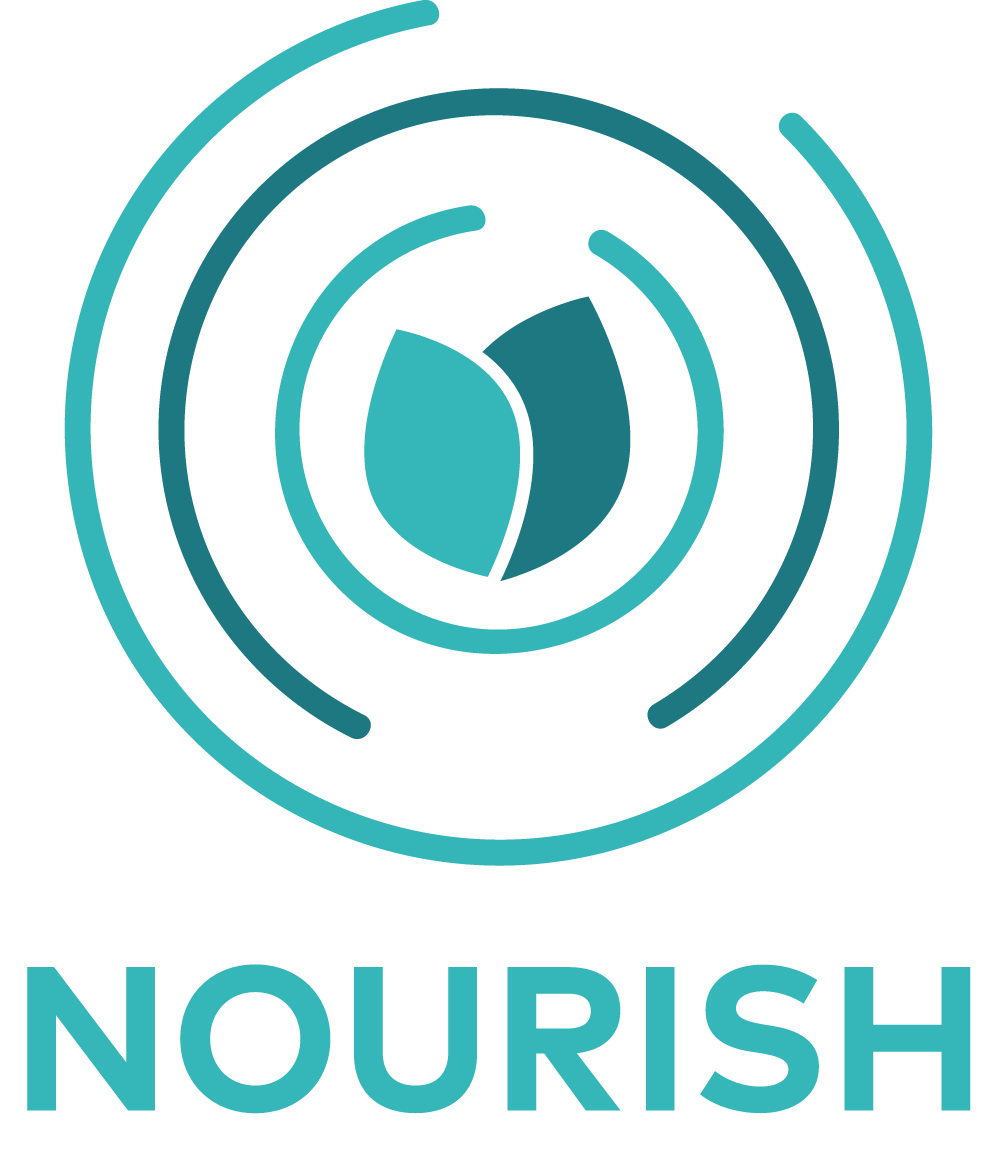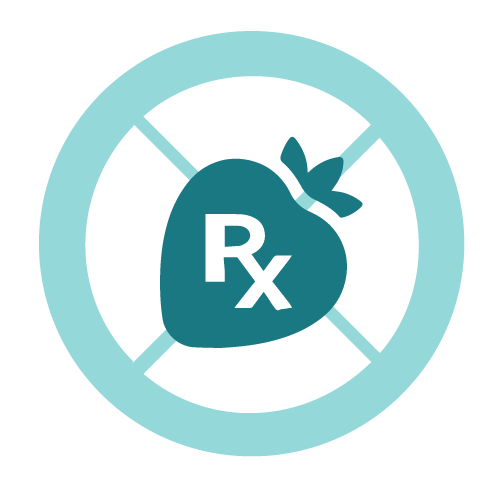Practice Food as Medicine
Food is a key social determinant of health, interconnected with others like housing and employment.
Ensuring everyone has access to healthy food is a critical upstream investment needed to address diet-related disease and its continuing pressure on our health care system. For many First Nations, Métis, and Inuit communities “food is medicine” is a central teaching. Actioning the calls of the Truth and Reconciliation Commission (TRC), the Royal Commission on Aboriginal Peoples, and the United Nations Declaration on the Rights of Indigenous Peoples can be a society-wide endeavor towards decolonization and the reconnection of food and health.
ACTIONS to Practice Food as Medicine:
Support Indigenous Food Sovereignty:
Health care institutions can build meaningful relationships alongside Elders and Indigenous communities around Indigenous foodways — sharing knowledge and sourcing from Indigenous gatherers, hunters and suppliers. Facilities can action reconciliation by advancing policies and practices recommended by the Truth and Reconciliation Commission, the Royal Commission on Aboriginal Peoples, and the United Nations Declaration on the Rights of Indigenous Peoples that address the history of systemic and institutional racism that continues to harm Indigenous communities. This journey often begins with understanding in which traditional territory a facility is located, building relationships with local Elders or knowledge keepers, offering cultural competency training, and evolves toward greater Indigenous control over Indigenous health.
Two-Eyed Seeing:
Food is a pathway to reconciliation, and a powerful place to start is by acknowledging and suspending the colonial Western bias that is dominant in the sector, and to cultivate curiosity about Indigenous wisdom. By integrating Indigenous with Western perspectives, health care can practice Etuaptmumk or "two-eyed seeing", a concept from Mi'kmaw Elder Albert Marshall, which refers to “learning to see from one eye with the strengths of Indigenous knowledges and ways of knowing, and from the other eye with the strengths of Western knowledges and ways of knowing – and learning to use both of these eyes together for the benefit of all”.
Traditional and Country Food in Health Care:
Indigenous cultures and food systems are intrinsically linked to their local ecosystems, which traditionally have included hunting, fishing, cultivating and harvesting wild game and country foods such as caribou, berries, or rabbit. Both the foods and these practices are inseparable from many Indigenous communities' understanding of health and well-being. However, there is a lack of health care institutions whose food services recognize the integral role that wild game and country foods play for Indigenous health. Health care can take leadership on reconciliation by designing food menus with Indigenous communities, developing legislation and policies to navigate barriers to wild game, and encouraging staff to get training on Indigenous foodways.
Food Security Partnerships:
Community leadership and strong local food networks are essential in building food security. Health care partnerships with local communities, farms and suppliers can leverage existing resources to improve food access and promote health. Partnerships with community organizations and leaders can facilitate referrals, learning and relationships that support meaningful preventative health approaches.
RESOURCES for Understanding Food as Medicine:
Food Is Our Medicine Learning Journey online course
Michim Documentary
Back to the Food for Health Levers overview.

